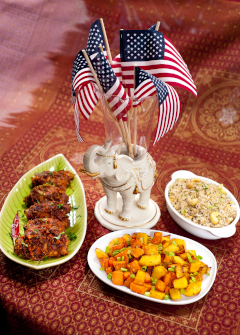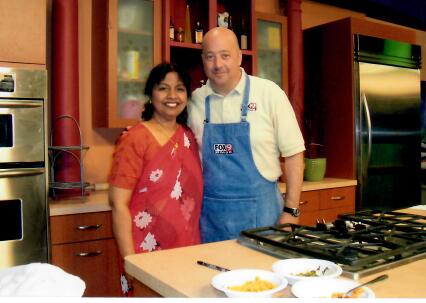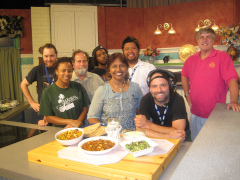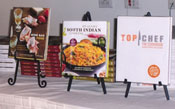Independence Day for Two Great Democracies
As we celebrate, with joy and pride, our independence day on July 4, another date is also of significance for us: August 15. It is India’s independence day. Both US and India obtained their independence from the same country: Britain. India’s freedom in 1947 came much later than America’s.
Both are two large secular democracies, whose constitutions were developed by brilliant, devoted and patriotic leaders. (In the case of India, this group of leaders also included women.) Having the example of a great US constitution was helpful to the Indian leaders, but they still chose the route of a parliamentary democracy in which the prime minister (leader of the party that wins the national elections) is also the government leader, and the president is more a figure of national unity, often chosen without a bitter political campaign.
Diversity in India can be mind boggling. As most of us know, India is the largest democracy with more than a billion citizens belonging to all religions and speaking more than 15 different languages. English still serves as a unifying thread. Hindus form a large majority, but did you know that India has more muslims than most muslim countries? A large part of India was ruled by the muslim rulers just before the British colonized India. Christian influences are also visible in India. (I attended a private catholic grade school in Chennai, India.) The current prime minister of India, a non-Hindu, is Manmohan Singh. Perhaps the most influential political leader in India today is Sonia Gandhi, an Italian born catholic woman who was married to Rajiv Gandhi, a previous prime minister. Today the Indian president is a Hindu woman. In the past there have been muslim presidents too.
After independence from the Bristish, the progress of both US and India as great secular democracies has also been marked by great challenges. Each nation has benefitted from the other in many ways. For example, Mahatma Gandhi, considered by many as the father of India, benefitted from the writings of the great American writer Henry Thoreau. Civil rights leader Martin Luther King benefitted from Gandhi’s non-violent methods to address injustice and bigotry. India’s rise as an economic power owes a lot to the free market economics practiced in the US. America’s continuing dominance as a world economic leader has been helped by the professional and scientific talent of Indian Americans.
Most importantly as the two nations celebrate their freedom this summer, we should note that the world is a better place because of their contributions! I salute these two great nations for what they mean to humanity and to freedom.




